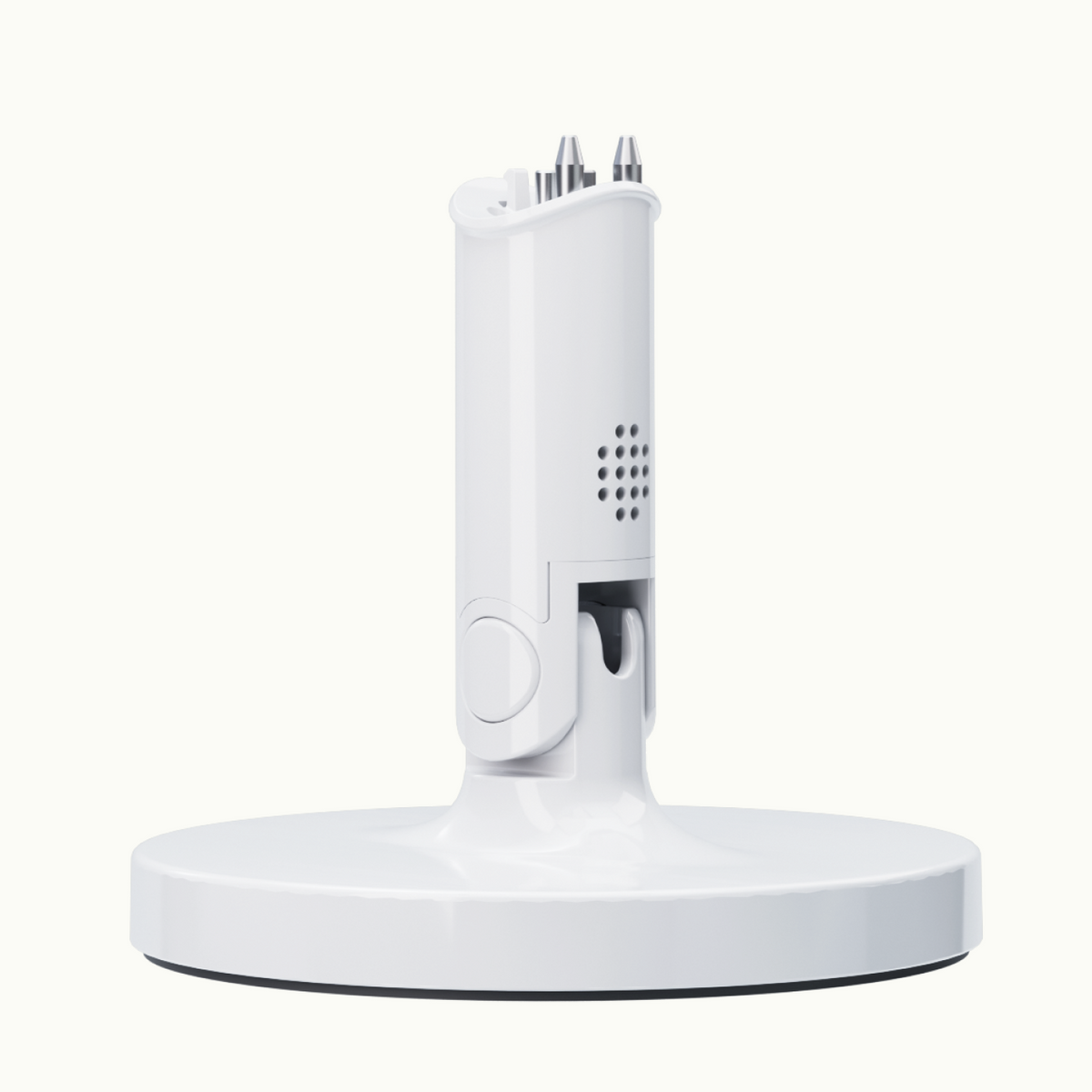Presented at World Sleep Congress, Rome, 2022
Abstract
Objectives
Paediatric insomnia is believed to affect between 20-30% of infants. Research into interventions for infant sleep have revealed behavioural sleep interventions (BSI) as some of the most efficacious in improving infant sleep quality. Despite this, many parents are deterred from implementing BSIs, up to 30% of families do not benefit, and levels of attrition are high. This study aimed to identify the main barriers of BSI implementation as perceived by parents, as well as possible solutions to reduce the impact of these barriers. We further aimed to compare parents of infants with sleep problems who are willing to implement BSIs compared to those not prepared to use these interventions in their objective sleep, parent-reported sleep, parental cry tolerance, and parental depressive symptoms.
Measures
A total of 680 parents of infants aged 3-18 months with a reported sleep problem completed an online survey, which included items regarding barriers to BSI Implementation, parental cry tolerance, and parental depression. Infant sleep was assessed via parent-report (BISQ), and auto-videosomnography (using Nanit camera monitors).
Results
Difficulty coping with infant crying (66.5%) and guilt (57.9%) were the two most frequently endorsed barriers experienced or preventing parents from using BSIs. Many parents reported that more education on how to implement the technique (72.9%), having access to an app to facilitate implementation (55.6%), reappraising their baby’s cry (53.5%), and more supporting scientific evidence (52.9%) would help them to consider using an BSI again, or consider trying any BSI.
We then wanted to further compare parents who would not consider using BSIs versus parents who would consider using them. Generalized estimating equations (GEEs) revealed no significant differences in objectively-assessed night time sleep duration, bedtime, night wakings, or parental crib visits between parents who would and would not consider using these interventions (all ps >.05). Modelling revealed no significant differences in parent-reported daytime sleep duration, lights out time (LOT), sleep onset latency (SOL), wake after sleep onset (WASO), or perceived night-time sleep quality (all ps >.05). Differences were observed in parent-reported WASO, with parents who were willing to try BSIs, reporting higher WASO during the night (Mdifference= 4.45 minutes, SE = 2.26, p <.05). Moreover, parents who found infant crying less distressing and those who reported lower levels of depression were more willing to try BSIs (p =.002, p =.01; respectively).
Conclusions
Parents of infants with a sleep problem report that difficulty coping with infant crying and guilt are the two main barriers associated with BSI implementation. Parents reported that more education, the use of an app, reappraisal, and more scientific evidence would help them consider trying BSIs. Unsurprisingly, parents who would consider trying BSIs had poorer subjectively reported WASO, higher tolerance for infant crying, and experienced lower depression compared to parents not willing to try BSIs. Future research should consider whether the solutions endorsed by parents in this study help to overcome the barriers experienced associated with BSIs.

About the Researchers
The researchers included Hannah Whittall, Michal Kahn, Natalie Barnett, and Michael Gradisar.

- Dr. Michal Kahn is a sleep researcher and licensed clinical psychologist, specializing in pediatric insomnia and sleep development. She is a senior lecturer (assistant professor) at the School of Psychological Sciences at Tel Aviv University, Israel.
- Dr. Natalie Barnett serves as VP of Clinical Research at Nanit. Natalie initiated sleep research collaborations at Nanit and in her current role, Natalie oversees collaborations with researchers at hospitals and universities around the world who use the Nanit camera to better understand pediatric sleep and leads the internal sleep and development research programs at Nanit. Natalie holds a Ph.D. in Genetics from the University of New England in Australia and a Postgraduate Certificate in Pediatric Sleep Science from the University of Western Australia. Natalie was an Assistant Professor in the Neurogenetics Unit at NYU School of Medicine prior to joining Nanit. Natalie is also the voice of Nanit's science-backed, personalized sleep tips delivered to users throughout their baby's first few years.
- Dr. Michael Gradisar is a Professor and Director and Clinical Psychologist at the Child & Adolescent Sleep Clinic at WINK Sleep in Australia, and the Head of Sleep Science at Sleep Cycle in Sweden. Dr. Gradisar has specialized in the treatment of pediatric sleep problems since 2006. He has provided training to over 420 psychologists throughout Australia on the treatment of pediatric sleep disorders, and published several research studies evaluating the treatment of insomnia and circadian rhythm disorders in children, adolescents and adults. In all, Dr. Gradisar has over 100 publications in peer-reviewed journals, has authored several book chapters, and has presented on sleep-related research and intervention internationally.



